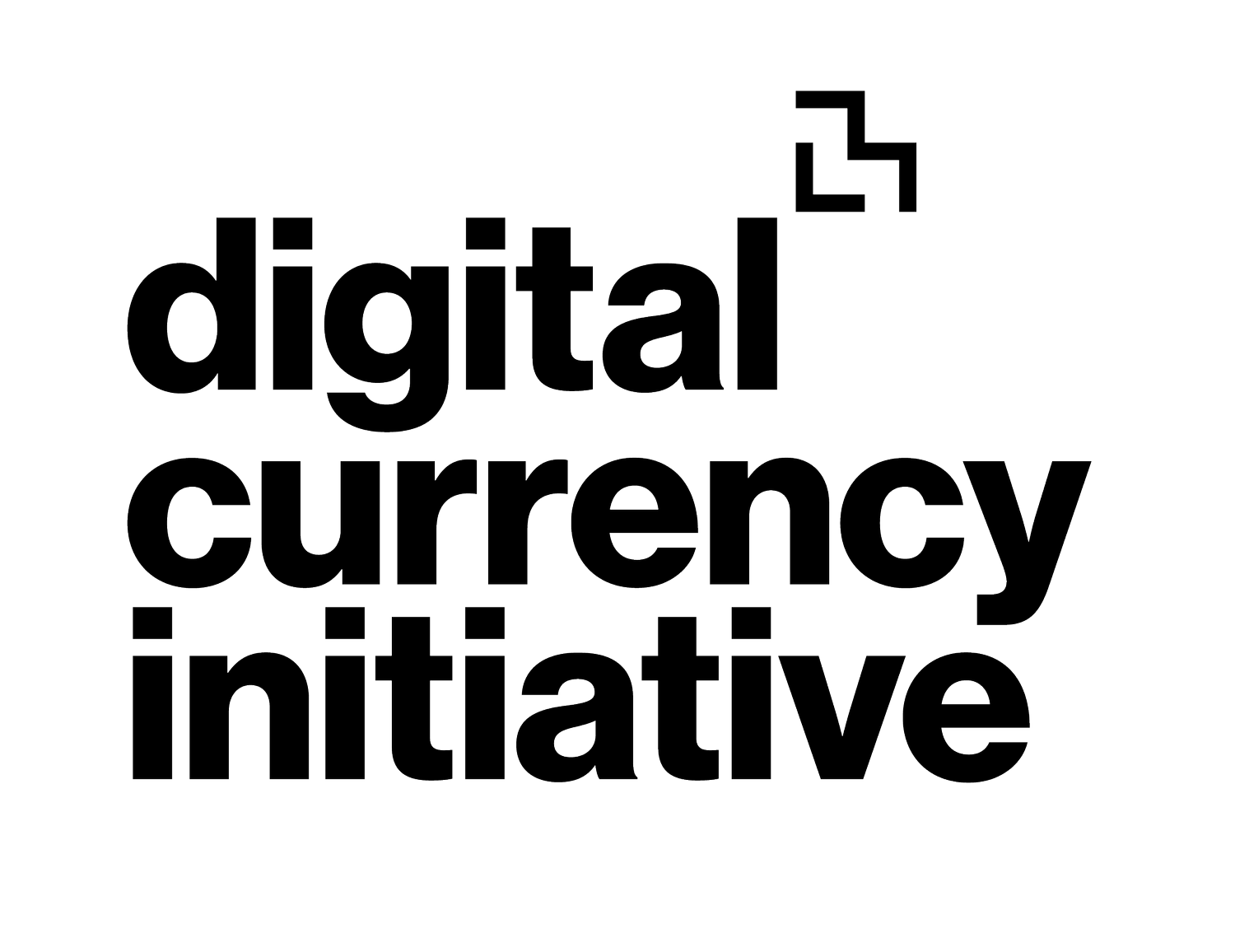MedRec: A Case Study for Blockchain in Healthcare
Years of regulation have stifled tech development in medical data management, while an array of incompatible back-end systems and fragmented data trails limit patients’ ability to engage with their medical history. Ariel Ekblaw's award-winning paper, "A Case Study for Blockchain in Healthcare: “MedRec” prototype for electronic health records and medical research data," has been widely acclaimed and has catalyzed significant investment in exploring the potential for blockchain medical records and patient data to revolutionize healthcare IT.
MedRec is an open-source prototype that applies blockchain smart contracts to create a decentralized content-management system for healthcare data, and have piloted the project with Beth Israel Deaconness Medical Center. MedRec sets up an authentication log to govern medical record access, while providing means for auditability and data sharing. Its modular design integrates with providers’ existing, local data storage solutions, enabling interoperability. The system engages directly with medical researchers, who provide the “mining” needed to secure and sustain the authentication log on a private, Ethereum network.
Abstract
A long-standing focus on compliance has traditionally constrained development of fundamental design changes for Electronic Health Records (EHRs). We now face a critical need for such innovation, as personalization and data science prompt patients to engage in the details of their healthcare and restore agency over their medical data. In this paper, we propose MedRec: a novel, decentralized record management system to handle EHRs, using blockchain technology. Our system gives patients a comprehensive, immutable log and easy access to their medical information across providers and treatment sites. Leveraging unique blockchain properties, MedRec manages authentication, confidentiality, accountability and data sharing—crucial considerations when handling sensitive information. A modular design integrates with providers' existing, local data storage solutions, facilitating interoperability and making our system convenient and adaptable. We incentivize medical stakeholders (researchers, public health authorities, etc.) to participate in the network as blockchain “miners”. This provides them with access to aggregate, anonymized data as mining rewards, in return for sustaining and securing the network via Proof of Work. MedRec thus enables the emergence of data economics, supplying big data to empower researchers while engaging patients and providers in the choice to release metadata. The purpose of this paper is to expose, in preparation for field tests, a working prototype through which we analyze and discuss our approach and the potential for blockchain in health IT and research.
